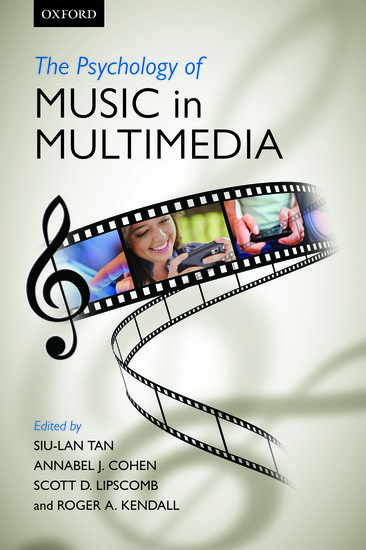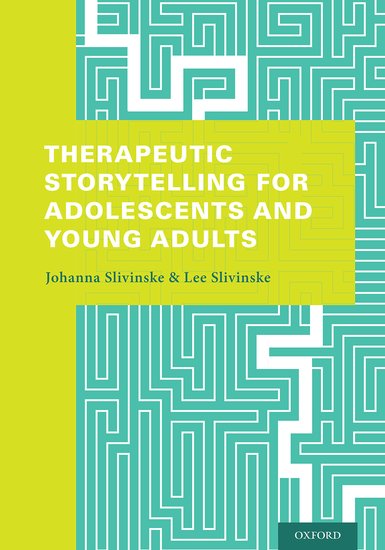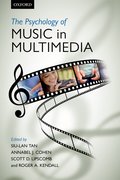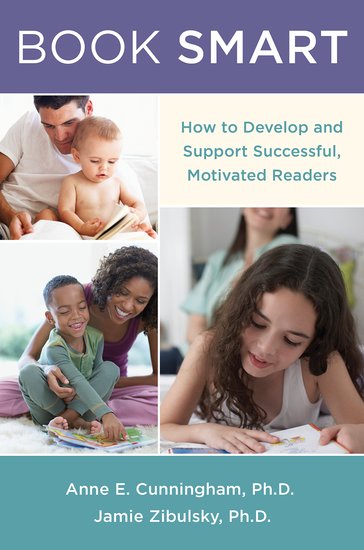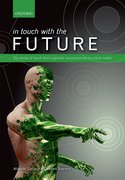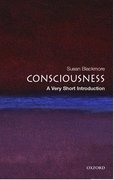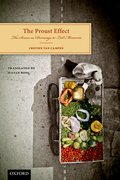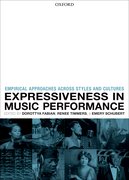What do Otis Redding and Roberto Carlos have in common?
Soul’s latest incarnation comes in the guise of St. Paul and the Broken Bones. St. Paul is not really a saint. He is Paul Janeway of a new band that is hot on the rise. When you listen to him sing it evokes memories of a time past.

